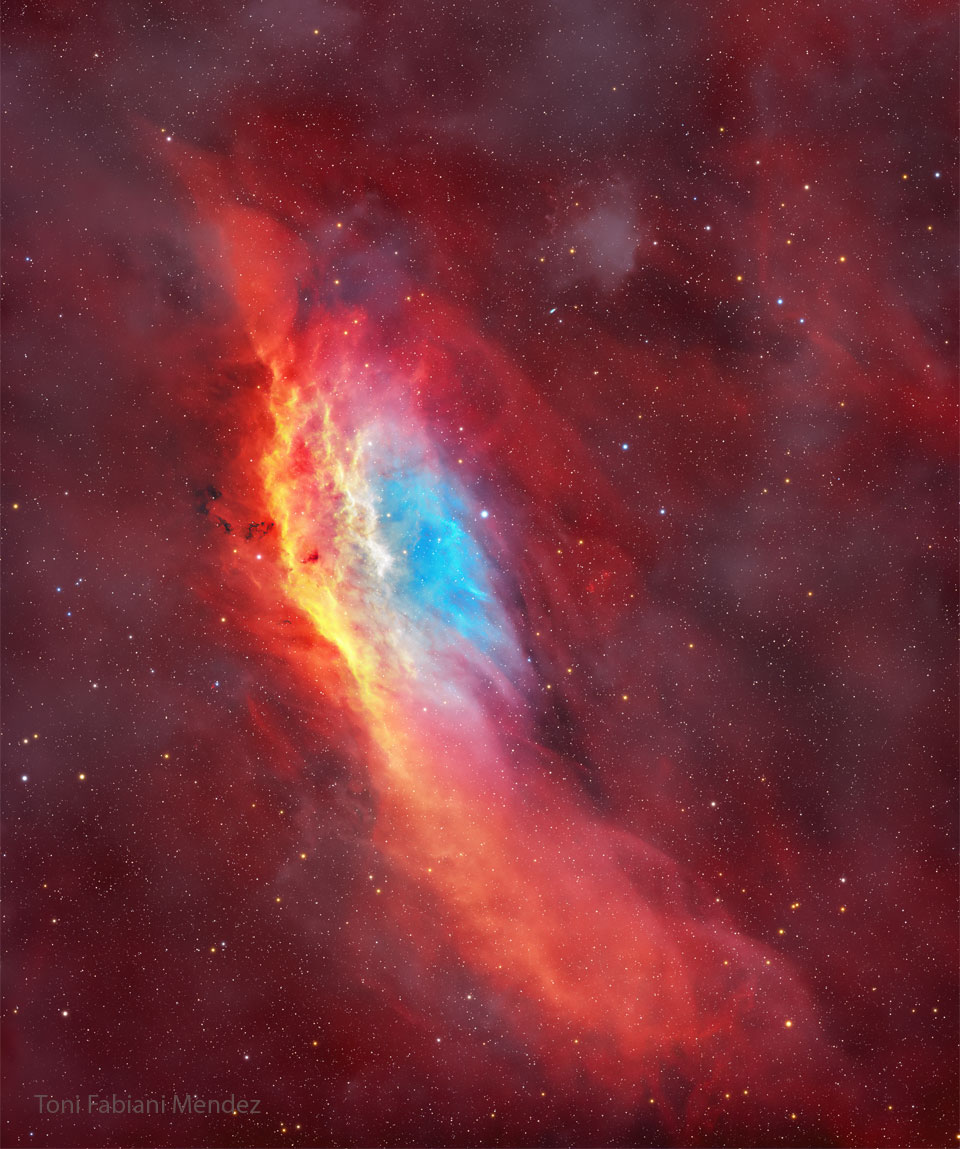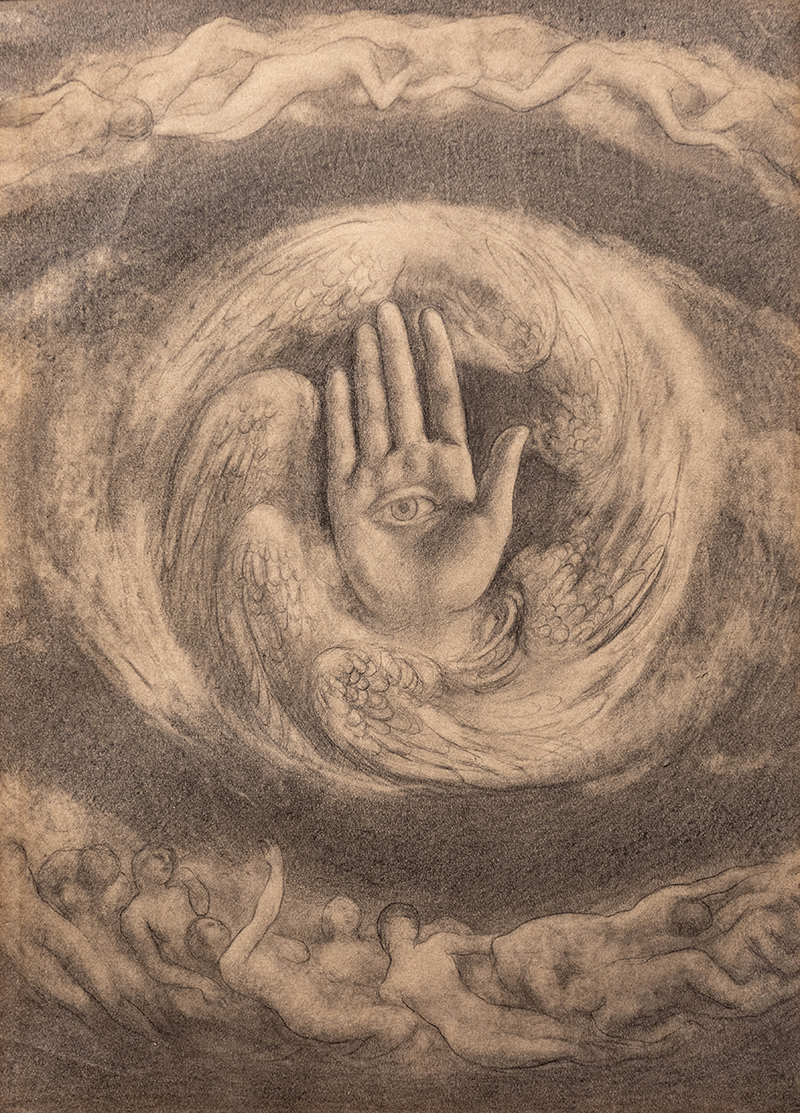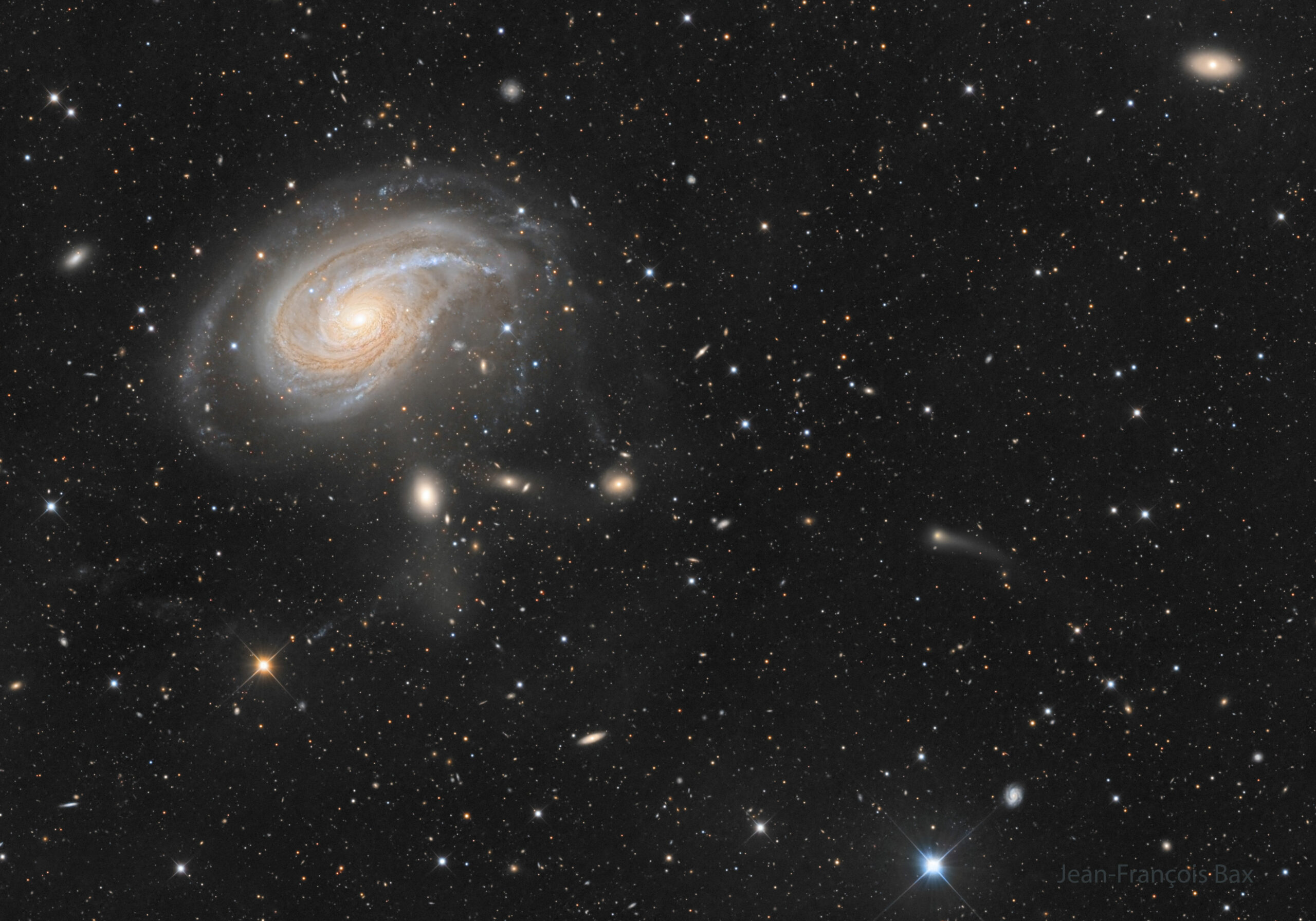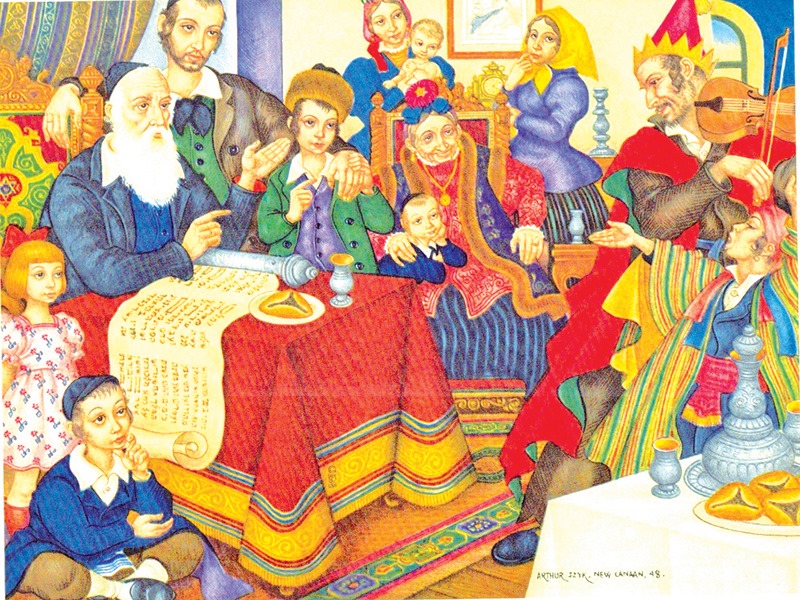Blog
Quincy Delight Jones Jr. (March 14, 1933 – November 3, 2024 Chicago) was an American record producer, composer, arranger, conductor, trumpeter, and bandleader. Over the course of his seven-decade career, he received many accolades including 28 Grammy Awards, a Primetime Emmy Award, and a Tony Award as well as nominations for seven Academy Awards and four Golden Globe Awards.
Jones came to prominence in the 1950s as a jazz arranger and conductor before producing pop hit records for Lesley Gore in the early 1960s (including “It’s My Party“) and serving as an arranger and conductor for several collaborations between Frank Sinatra and the jazz artist Count Basie. Jones produced three of the most successful albums by Michael Jackson: Off the Wall (1979), Thriller (1982), and Bad (1987). In 1985, Jones produced and conducted the charity song “We Are the World“, which raised funds for victims of famine in Ethiopia.
Jones composed numerous film scores including for The Pawnbroker (1965), In the Heat of the Night (1967), In Cold Blood (1967), The Italian Job (1969), The Wiz (1978), and The Color Purple (1985). He won the Primetime Emmy Award for Outstanding Music Composition for a Series for the miniseries Roots (1977). He received a Tony Award for Best Revival of a Musical as a producer for the revival of The Color Purple(2016).
Throughout his career he was the recipient of numerous honorary awards including the Grammy Legend Award in 1992, the Jean Hersholt Humanitarian Award in 1995, the Kennedy Center Honors in 2001, the National Medal of the Arts in 2011, the Ordre des Arts et des Lettres in 2014, and the Academy Honorary Award in June 2024. He was named one of the most influential jazz musicians of the 20th century by Time.
more...Local residents of the Spanish province called Almeria, nicknamed ‘tarantos,’ have given their name to a Flamenco cante and toque, an exceptionally rhythmic style with close ties to Tarantas. Tarantos have a rigorous, assertive compas in 2/4 or 4/4 time. Tarantas, on the other hand, are a toque libre. Tarantas is a form of Fandango Grande which began in Almeria and its nearby neighbors in the Spanish Levante.
Tarantas grew out of the folk music of these southeastern Spanish provinces. They tell assorted stories, mostly about the mining industry, a business which was (and still is today) fraught with danger. The songs, therefore, have a plethora of tragic material to draw from, giving voice to the sorrows and deprivations of the miners’ lives. According to one theory, Andalusian laborers who traveled to work in the mines of La Union brought them to Almeria. Yet another theory argues that the coplas were originally local ones that musicians transformed into the Flamenco style of Cante. Whatever their origin, they speak to the range of human emotion.
Unique-sounding harmony and ornamentation give both Tarantas and Tarantos an Eastern flavor. Played in the Phrygian mode based on F sharp, the music has a distinguishing dissonant sound, produced by the basic chord pattern having F and C on the three bass strings against three open treble strings, forming the chord consisting of the notes F, C, F, G, B, and E.
more...
This molecular space cloud echoes the outline of the state of California, USA. Our Sun has its home within the Milky Way’sOrion Arm, only about 1,000 light-years from the California Nebula. Also known as NGC 1499, the classic emission nebula is around 100 light-years long. On the featured image, the most prominent glow of the California Nebula is the red light characteristic of hydrogen atoms recombining with long lost electrons, stripped away (ionized) by energetic starlight. The star most likely providing the energetic starlight that ionizes much of the nebular gas is the bright, hot, bluish Xi Persei just to the right of the nebula. A regular target for astrophotographers, the California Nebula can be spotted with a wide-field telescope under a dark sky toward the constellation of Perseus, not far from the Pleiades.

Otis Verries Hicks (March 13, 1913 – July 27, 1974 Good Pine, LA), known as Lightnin’ Slim, was an American blues musician who played Louisiana blues and swamp blues for Excello Records.
more...Richard Allen “Blue“ Mitchell (March 13, 1930 – May 21, 1979 Miami) was an American trumpeter and composer who worked in jazz, rhythm and blues, soul, rock and funk. He recorded albums as leader and sideman for Riverside, Mainstream Records, and Blue Note.
Mitchell performed with the Harold Land quintet until he died from cancer on May 21, 1979, in Los Angeles, California, aged 49.
more...Roy Owen Haynes (March 13, 1925 – November 12, 2024 Boston) was an American jazz drummer. In the 1950s he was given the nickname “Snap Crackle” for his distinctive snare drum sound and musical vocabulary. He was among the most recorded drummers in jazz. In a career spanning over eight decades, he played swing, bebop, jazz fusion, and avant-garde jazz. He is considered to have been a pioneer of jazz drumming.
Haynes led bands, including the Hip Ensemble. His albums Fountain of Youth and Whereas were nominated for a Grammy Award. He was inducted into the Modern Drummer Hall of Fame in 1999.
more...
Don Drummond (12 March 1934 – 6 May 1969) was a Jamaican ska trombonistand composer. He was one of the original members of The Skatalites, and composed many of their tunes. In 1966, Drummond was convicted of murdering his 23-year-old lover, Anita “Marguerita” Mahfood. On 2 January 1965, Drummond’s live-in lover, Anita “Marguerita” Mahfood, was found dead with four stab wounds to the chest. Drummond reported to the police that Mahfood had stabbed herself, but, in 1966, he was found guilty of her murder. Drummond was ruled criminally insane and imprisoned at Bellevue Asylum, Kingston, where he remained until his death four years later. The official cause of death was “natural causes”, possibly heart failure caused by malnutrition or improper medication, but other theories were put forward; some of his colleagues believed it was a government plot against the Kingston musical scene, and some believed that he was killed by gangsters as revenge for the murder of Mahfood.
more...The Fiddlehead spiral galaxy likely gets its distorted spiral appearance from a gravitational interaction with its close-by elliptical companion NGC 770, seen just below. Cataloged as NGC 772 and Arp 78, the Fiddlehead spans over 200,000 light years, is a nearby 100 million light years beyond the stars of our Milky Way galaxy, and is visible toward the constellation of the Ram (Aries). But in the featured image, the Fiddlehead appears to have another companion — one with a long and fuzzy tail: Comet 43P/Wolf-Harrington. Though the comet appears to be aimed straight at the massive galaxy, it is actually much closer to us, residing only light minutes away — well within our Solar System. The comet will never reach the distant spiral galaxy, nor is it physically related to it. By a fortunate trick of perspective, though, these two cosmic wonders briefly share the same frame taken late last year from Calern, France.

Leon Lee Dorsey (born March 12, 1958) is an American jazz bassist, composer, arranger, producer, and educator known for his well-received debut for Landmark Records. He teaches at the Berklee School of Music in Boston.
Raised by a family plugged into Pittsburgh’s jazz lineage, Dorsey began playing instruments at an early age. He picked up the piano and cello first, soon after joining the Pittsburgh Symphony at the famed Center for the Musically Talented.
He began his undergraduate studies at Oberlin College, where he was the first to receive a B.M in classical Double Bass and Jazz Performance. Dorsey also graduated from the Oberlin Conservatory and was one of several jazz luminaries at the opening of their new jazz facility, the Bertram and Judith Kohl building.
He released his debut album The Watcher in 1995 and followed it up with 1999’s Song of Songs. In 2003, he founded Leon Lee Dorsey Studios in New York City.
Dorsey has performed alongside many jazz icons, from Lionel Hampton, Art Blakey & the Jazz Messengers, Dizzy Gillespie, Wynton Marsalis, Freddie Hubbard, John Lewis, Kenny Clarke, Jon Hendricks, Gloria Lynn, Harry “Sweets” Edison, Dorothy Donegan, Stanley Turrentine, George Benson, Ellis Marsalis, Nnenna Freelon, Terumasa Hino to GRAMMY-winning vocalist Cassandra Wilson, performing with Frank Sinatra at Carnegie Hall, and with conducting legends Lukas Foss and Robert Fountain.
more...Thomas Augustine Arne (12 March 1710 – 5 March 1778) was an English composer. He is best known for his patriotic song “Rule, Britannia!” and the song “A-Hunting We Will Go“, the latter composed for a 1777 production of The Beggar’s Opera, which has since become popular as a folk song and a nursery rhyme. Arne was a leading British theatre composer of the 18th century, working at the West End‘s Drury Lane and Covent Garden. He wrote many operatic entertainments for the London theatres and pleasure gardens, as well as concertos, sinfonias, and sonatas.
more...More Posts
- Jeff Tain Watts
- Luther Tucker
- Jimmy Cobb
- Leadbelly
- Flamenco Fridays Manuel Agujetas y Parilla de Jerez
- Daily Roots Horace Andy
- David Crosby Memorial
- Cosmos IC 2177
- Robert Palmer
- Dolly Parton
- Janis Joplin
- Horace Parlan
- SAVE UKRAINE World Music DakhaBrakha
- Daily Roots Winston Francis
- Cosmos IC 1795
- Johnny Costa
- Marilyn Mazur
- Vassilis Tsitsanis
- Al Foster
- World Music Ali Farka Touré




